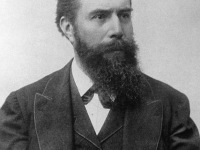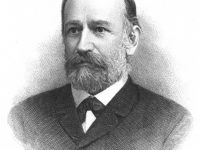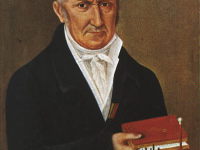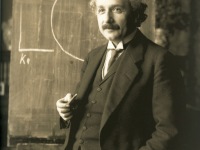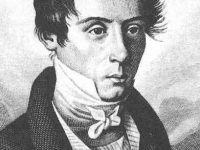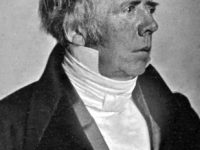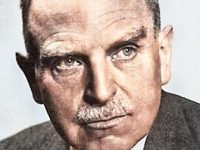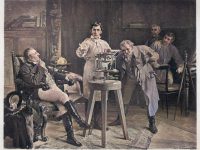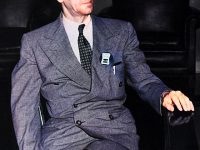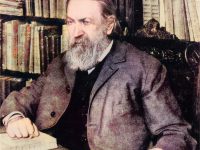Wilhelm Conrad Röntgen – The Father of Diagnostic Radiology
On March 27, 1845, Wilhelm Conrad Röntgen was born. The German physicist is best known for producing and detecting electromagnetic radiation in a wavelength range, better known as X-rays or Röntgen rays. Röntgen received the Nobel Prize in Physics for his achievement in 1901. “Having discovered the existence of a new kind of rays, I of course began to investigate what they would do. … It soon appeared from tests that the rays had…
Read more

